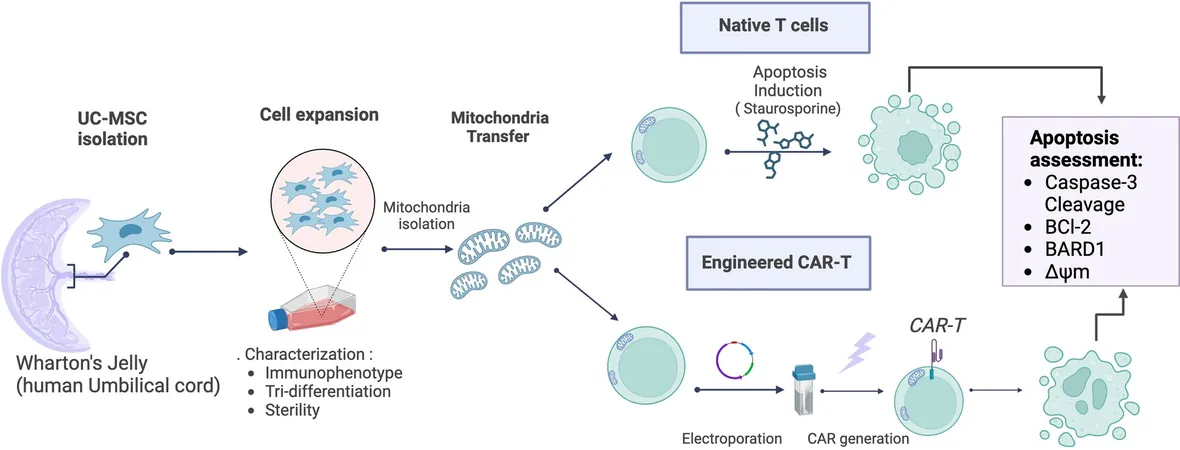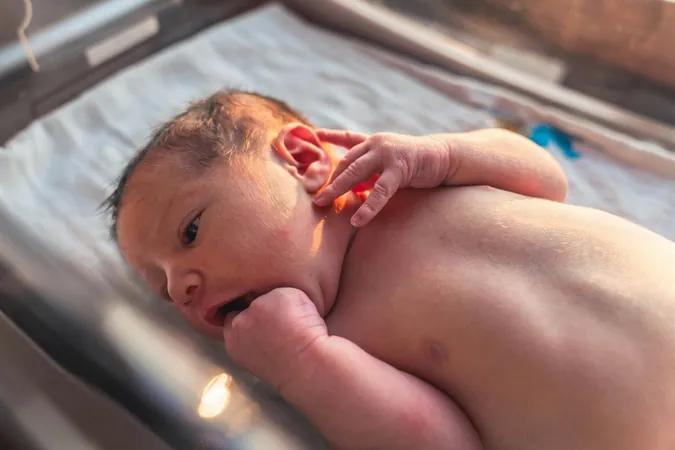
South Sudan's Groundbreaking Malaria Vaccine Gains Traction Among Parents
2024-10-03
A Game Changer for Public Health
Public health experts in South Sudan are celebrating the enthusiastic reception of a newly introduced malaria vaccine, which was added to the national immunization schedule in mid-July. This development comes at a crucial time when malaria remains a significant health threat in the region, particularly for children.
Early Adoption Statistics
John Elia, the deputy head of the Expanded Programme for Immunization (EPI) activities at Al Sabbah Children’s Hospital, the only dedicated pediatric hospital in South Sudan, provided impressive statistics regarding the vaccine's early adoption. “Since we started vaccinating on July 16, we managed to vaccinate 239 children in just 14 days. By the end of August, that number skyrocketed to 214,000 children," Elia noted.
Parental Enthusiasm and Challenges
The enthusiasm among parents is palpable. Stella Keji, a 38-year-old mother of five, reflected on her family's vaccination journey: “All my children have been vaccinated as advised by the hospital. If I had another child, I would make sure they receive all the necessary vaccines. Knowing that my other children have stayed healthy due to vaccines adds to my confidence.”
The increasing demand for the malaria vaccine underscores a growing awareness within the community. However, Elia reported challenges, noting that parents sometimes bring older children hoping to receive the vaccine despite the target age group being from 5 months to 1 year and 11 months. “Parents recognize the vaccine’s importance – they are eager to protect their children, which is a positive sign,” Elia stated.
Success Stories
Living proof of the vaccine’s benefits comes from Lillian Gune, a 22-year-old mother who took her child for the second dose after witnessing a significant improvement in her child's health post-vaccination. "Before we vaccinated, my child was frequently ill with malaria. Since receiving the first dose, she has remained healthy," Gune shared.
Amidst these success stories, stories of families fleeing conflict also highlight the vaccine's significance. Sarah, a Sudanese mother who escaped the war, brought her child for routine vaccinations when she learned about the malaria vaccine being available. “With so many mosquitoes here in Juba, I agree with my child getting the malaria vaccine to keep him healthy,” she stated.
Communication and Education
Victoria Elizia, a dedicated vaccinator with three years of experience at Al Sabbah Hospital, explained the importance of communication with parents. While many express excitement, some share concerns rooted in misinformation. “I take my time to explain how the vaccines work and their benefits, particularly to new mothers,” Elizia said.
Logistical Challenges
Despite the positive outlook, significant hurdles remain. The logistical challenges of vaccine transportation hinder accessibility, with health workers sometimes walking long distances to reach communities for vaccinations. Elizia expressed the need for improved transport options to better serve families seeking preventative care for their children.
Community Mobilization
Community mobilizers like Abiah James Karaba are working tirelessly to educate the public about the malaria vaccine and its critical role in combating the disease. “In my outreach, I explain the vaccine's significance in markets and bus stations, creating a buzz among mothers who are eager for information on how to protect their children from malaria,” Karaba explained.
The Future of Malaria Prevention
As South Sudan aims to bolster its fight against malaria through this vaccine initiative, health officials remain focused on ensuring every child completes the full vaccination series. The journey is ongoing, but the response so far indicates a pivotal shift towards preventive healthcare, an essential step towards overcoming one of Africa’s most deadly diseases.
Join the Conversation
How do you think vaccination can transform health outcomes in regions afflicted by malaria?





 Brasil (PT)
Brasil (PT)
 Canada (EN)
Canada (EN)
 Chile (ES)
Chile (ES)
 España (ES)
España (ES)
 France (FR)
France (FR)
 Hong Kong (EN)
Hong Kong (EN)
 Italia (IT)
Italia (IT)
 日本 (JA)
日本 (JA)
 Magyarország (HU)
Magyarország (HU)
 Norge (NO)
Norge (NO)
 Polska (PL)
Polska (PL)
 Schweiz (DE)
Schweiz (DE)
 Singapore (EN)
Singapore (EN)
 Sverige (SV)
Sverige (SV)
 Suomi (FI)
Suomi (FI)
 Türkiye (TR)
Türkiye (TR)